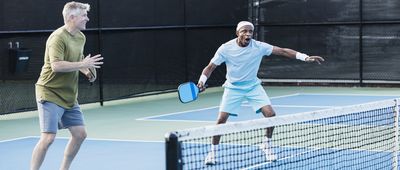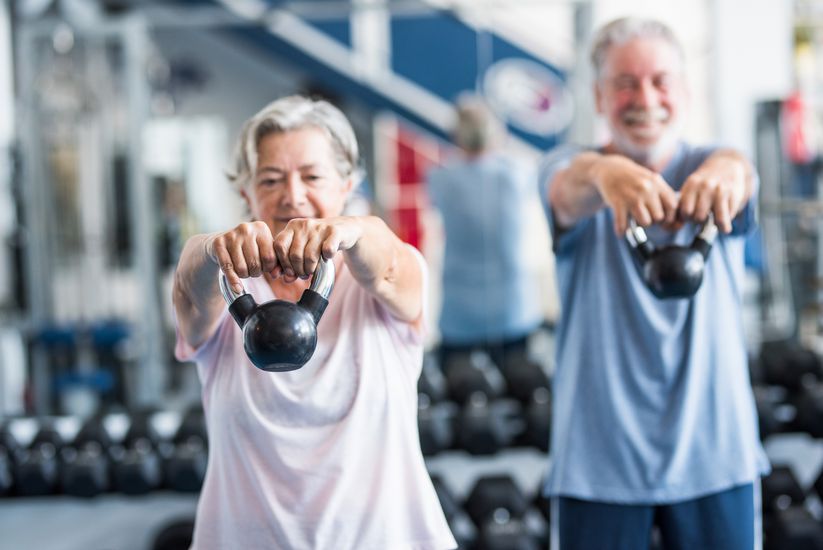Weighty Matters
As one’s age creeps up, sometimes the tally on the scale does, as well. There are a number of reasons why it can be harder to lose weight as you get older — from activity level to diet — but there are also steps to take that can help you maintain a healthy weight. Read on for details.





































